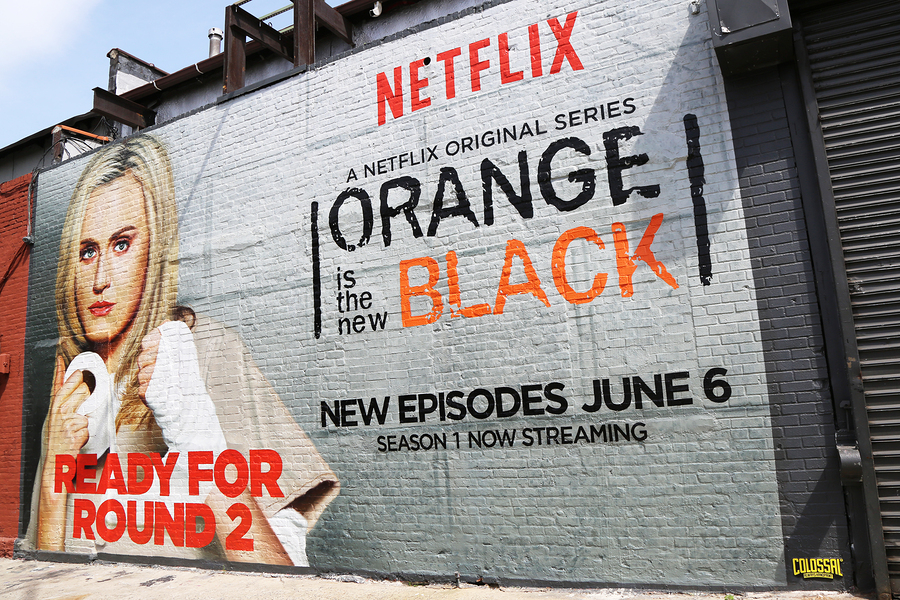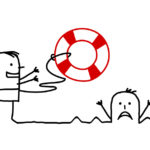
Several companies in the consumer industry excel at  creating personalized customer experiences.
creating personalized customer experiences.
Netflix leads by example with
a strong commitment to understanding and delivering
exactly what customers want. Moreover, as Steve Jobs put it “A lot of times, people don’t know what they want until you show it to them.” Netflix does exactly that – helps the customer define what it is they desire most.
They achieve this by consistently offering three key features:
- simplicity & ease of use
- convenience & speed
- proactively personal experience
Previously, we have commented on the need to improve patient experiences, and considering healthcare’s history of poor patient satisfaction, the industry could use a creative intervention from an unconventional source. So what might it look like, this Netflix-inspired healthcare experience?
Netflix users enjoy the flexibility of choosing from a wide array of options within a pleasing interface. Similarly, suppose that there existed the simplicity and ease of health data available at your fingertips: access to a single and reliable source of information concerning disease, along with an ability to search for doctors and hospitals based on your preferences, not to mention a wealth of information concerning other patients’ feedback. Additionally, your own reviews would not only generate first rate recommendations, but also serve to help others in their search for patient care. Unified health records would be available, where you and all your doctors could access your health records in one central location.
Netflix offers convenient, real-time access to movies or home delivery within a few days time. Likewise, once you’ve selected your doctor, you may not even have to go to the office every time, and you definitely wouldn’t have to wait there for an hour even though an appointment had been scheduled well in advance. Instead, you could send providers an email or text, and enjoy the convenience of a medical Skype session with your physician, who could give advice and answer questions thoroughly and efficiently. Refills would be predicted accordingly, including delivery right to your door.
Netflix’s business model relies on customer feedback to provide exactly what consumers crave: when Emmy-winning House of Cards was created, the plot, actors, and duration were based on customer preference data which had been collected for several years. Comparatively, how would this customer centric approach translate into healthcare? Imagine that all caregivers (including your doctor, nurse, pharmacy, and lab) knew your needs at different stages of your illness and painstakingly tracked your preferences so that they could meet your expectations at every interaction; the doctor’s office would already know your preferred appointment slot, what time of the day you take your medicine, and when you get your refills. Then they would issue personalized health reminders using your chosen communication channel (text, phone, email). They would know if you struggle financially and would automatically enroll you into a manufacturer’s patient assistance program. In fact, they would even know that several times a month you get discouraged by painful flare-ups and would connect you to several peers for the encouragement and support to get through the day.
Patients are customers; they deserve the very highest level of satisfaction, which has too often been reserved for consumer industries. Conversely, Netflix customers are also healthcare consumers, and as the consumer space becomes richer in providing this level of support, the expectations placed on healthcare may very well evolve into demanding the Netflix experience. Furthermore, though innovation drives progress, it remains equally important to recognize clever ideas already inspiring success around us. When Nuvera designs patient services, we strive to incorporate novelty generated outside of the pharmaceutical industry as cross industry leaders illuminate one of the most important lessons: We must begin and end with customer need.



1 Comment
Well said but in other words: What if the healthcare industry were a free market undistorted by government intervention and subject to the discipline of failure. Like the success of certain charter schools contrasted against their dismal counterparts, you correctly point out that options and consumer satisfaction abound where the direct cost of services are visible and discretionary patronage drive service delivery instead of convoluted reimbursement schedules from government programs.
This issue is that unlike the incremental cost of renting movies the cost of my healthcare has the potential to be roofless and unpredictable. Such is the proper application of health insurance. What once was sold as a hedge against catastrophic events like trauma, cancer treatment etc. has morphed into myopic buffer system that completely obscures the real cost of anything. The typical group heal plan coverage makes the cost of CT scans and surgery supplies to become arbitrary.
My point is that absent government intervention healthcare would be a lot more like Netflix.